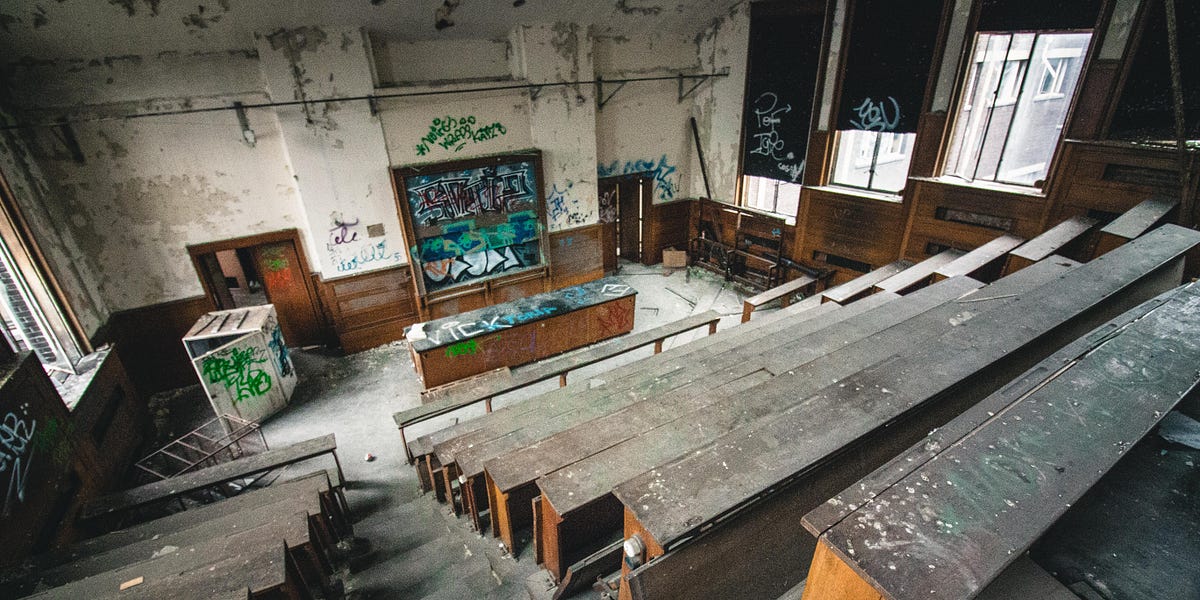This was the bit that stood out to me.
Threatened institutions, as Jean Baudrillard once observed, become adept at "speak[ing] of themselves through denial"; of "simulating" their own "death, to escape their real death throes." In this way, he writes, "power can stage its own murder to rediscover a glimmer of existence and legitimacy." The apparently transmogrified, newly "legitimate" artistic and academic institutions of the 2020s claim to be undergoing moral and ethical transformations much more profound and meaningful than the merely technocratic reforms and restructurings of the classic neoliberal period. By performatively confronting "past evils," including (most strikingly) their own former missions and operations, they claim to be joining the right side of history. A public confession of past wrongs committed, and "harm" inflicted, enables them to engage in "healing," renewal, and self-legitimation via the processes of "reflection" and "self-examination." It is as though bureaucracy has "got religion." Old works are judged by newly streamlined presentist standards. New publicity statements are issued and "ambitious" new internal policies and procedures put in place. By engaging in sustained self-critique, institutions seek to occupy all points of view, including marginal and oppositional ones. In this way, they can renew their moral foundations via a disavowal of their own authority. They become institutions whose power and legitimacy lie precisely in compelling others to confront "institutional power."



